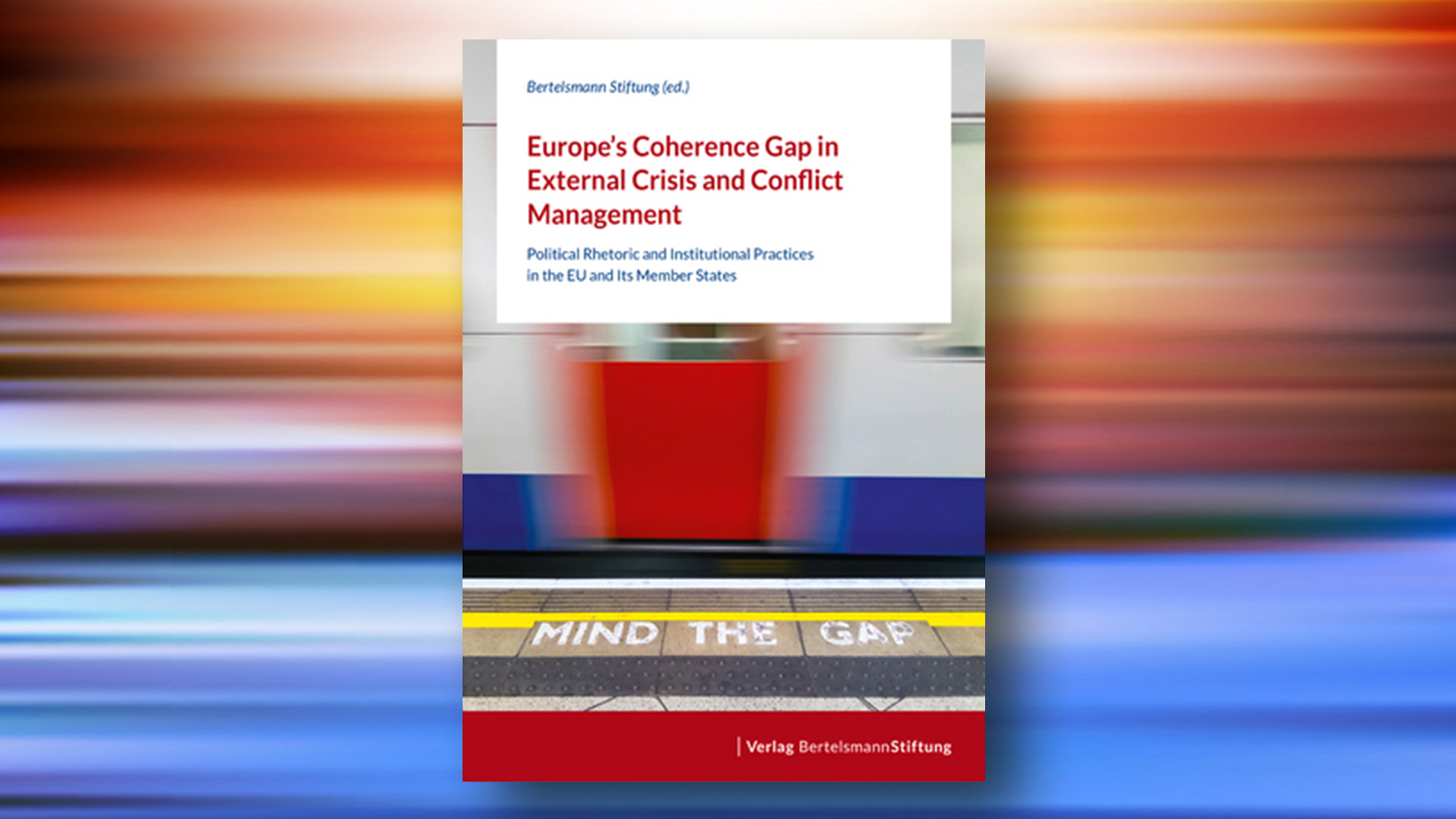Europe’s Coherence Gap in External Crisis and Conflict Management – Political Rhetoric and Institutional Practices in the EU and its Member States is a Bertelsmann Stiftung supported EU-wide research on the whole-of-government approaches to foreign, development and security policies.
GlobalFocus Center’s director Oana Popescu Zamfir and senior researcher Ana Teacahave contributed a chapter on Romania, one of the 29 reports presented in the book, one for each EU member state and one for the EU as a whole.
The book examines the who’s, what’s and how’s questions on the feasibility and success of coherent policy strategies and cooperation mechanisms between different actors involved in crisis and conflict management.
Most of the recent crises represent complex and interconnected problems in human security, governance, or social and economic development, which prompt the idea that individual actions, be it at a national level or international level, cannot work alone.
Thus, a new approach was necessary to tackle the crisis: developing new forms of cooperation and joint actions between institutions, ministries, and other organizations and actors involved in crisis and conflict management. This new approach, known in organization theories as a whole of government approach (WGA’s), was already introduced in EU’s 2016 Global Strategy.
The current volume assesses whether there has been a political coherence in external crisis and conflict management at EU level, but also looks at individual member states and how successful they have been in addressing this approach in their foreign and security policies.
The assumption of this new book is that simply adopting a WGA is insufficient for success in conflict and crisis management. Concrete changes in organizational structures, cooperation, and communication mechanisms both between and within institutions need to be implemented as well.
The book also provides a synthesis and evaluation of the current situation across the EU, the way member states stand in comparison to each other as well as which best practices (or “enablers”) for the successful implementation of a WGA can be identified.
For more information about this project and on how to order this initial volume, please visit Bertelsman Stiftung’s website.

